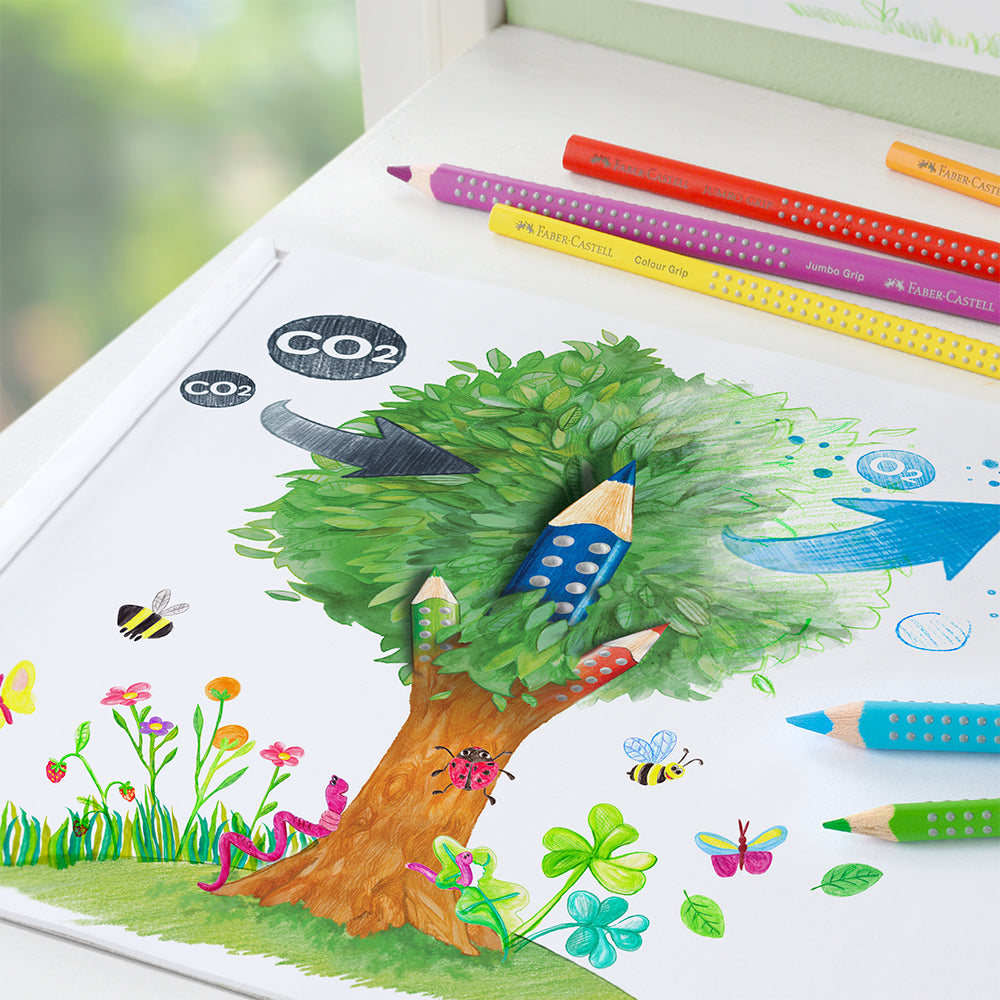
From Tree to Pencil
Faber-Castell is the pioneer in its field in matters of environment-friendly industrial production and securing a long-term source of timber was foremost in its corporate thoughts as far back as the mid-1980s! In Brazil, the company uses fast-growing softwood from its managed forests and maintains its own tree nurseries. Saplings are continually planted out to replace each row of trees felled: a sustainable ecological cycle. Around 300,000 young trees of the type Pinus caribaea are planted and raised each year on a total area of some 10,000 hectares (100 km²), thousands of miles from the endangered Amazon rainforests. After 20 to 23 years they are large enough to be harvested as environmentally compatible raw material for black-lead and colour pencils. Not just the materials used but also the development, production methods, and disposal of all kinds of waste are subjected to critical analysis. For example, Faber-Castell played a pioneering role in the use of environment-friendly water-based paint for coating its wooden-cased pencils.

Carbon-neutral production
Faber-Castell’s forests in Prata, Southeast Brazil, absorb 900,000 tonnes of carbon dioxide (CO2), according to a scientific study by TÜV-Rheinland® in 2012. The 10,000 hectare forestry project not only secures stocks of sustainable wood but also protects the environment through photosynthesis, which converts the CO2 into biomass. The pine trees and forests in Prata, one third of which have been left untouched, therefore neutralise the climate-relevant carbon footprint Faber-Castell’s global production facilities. Large parts of the forests have become a habitat for rare species of animals and plants, which is particularly important. A respectful interaction with nature is key alongside sustainability.



